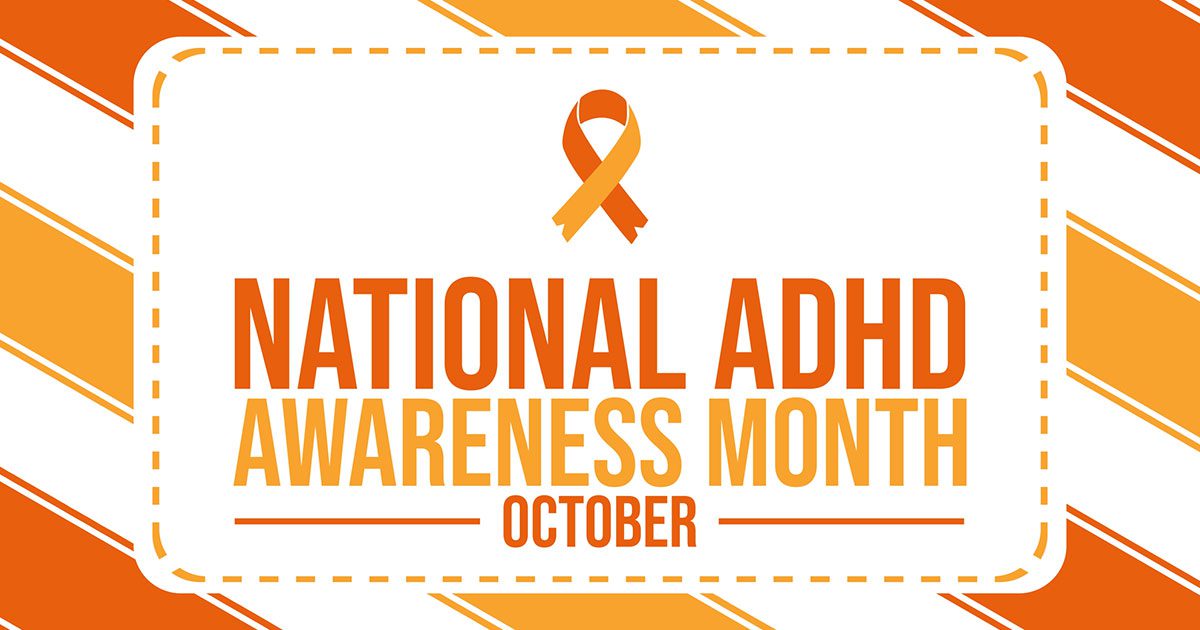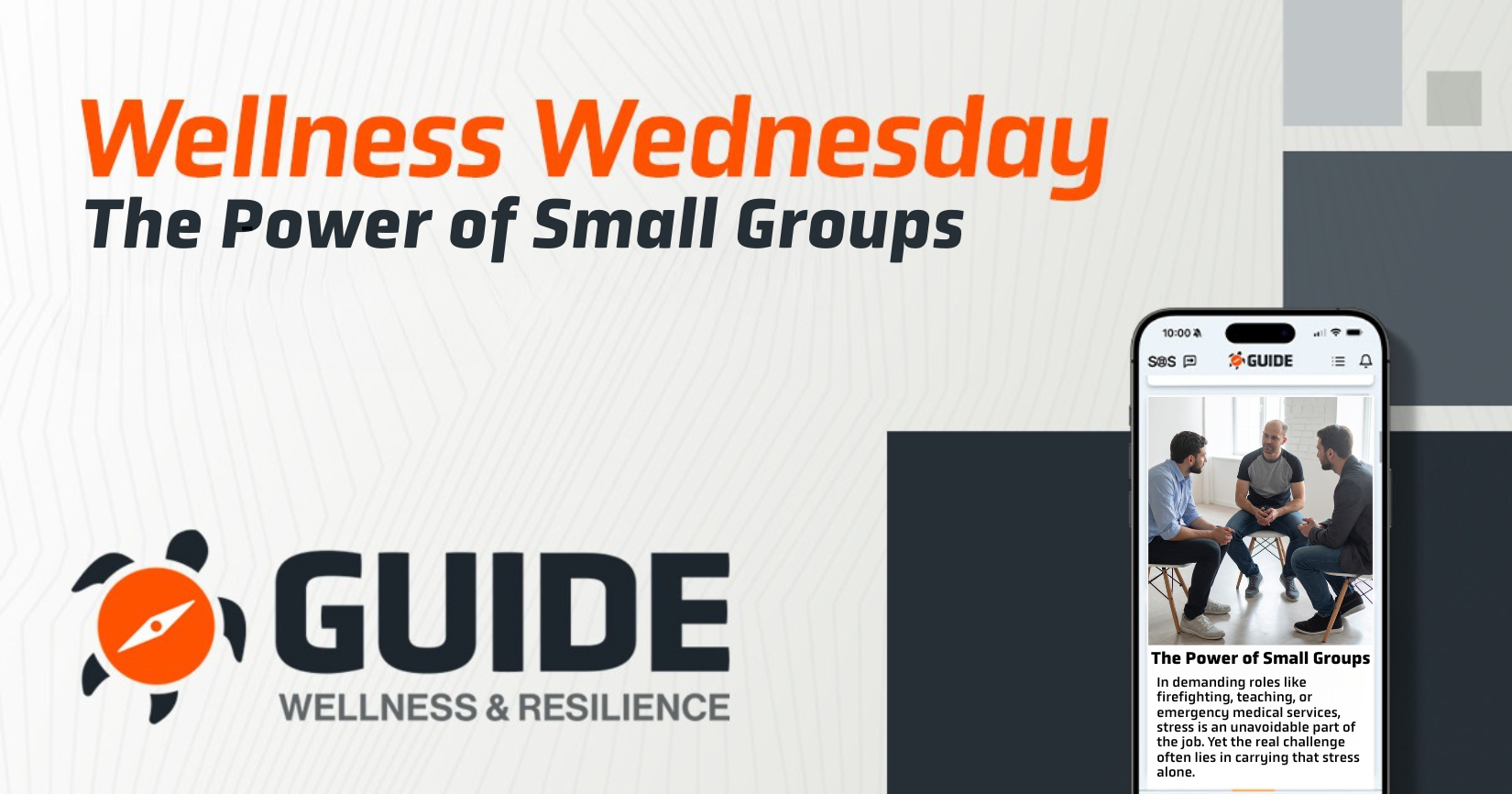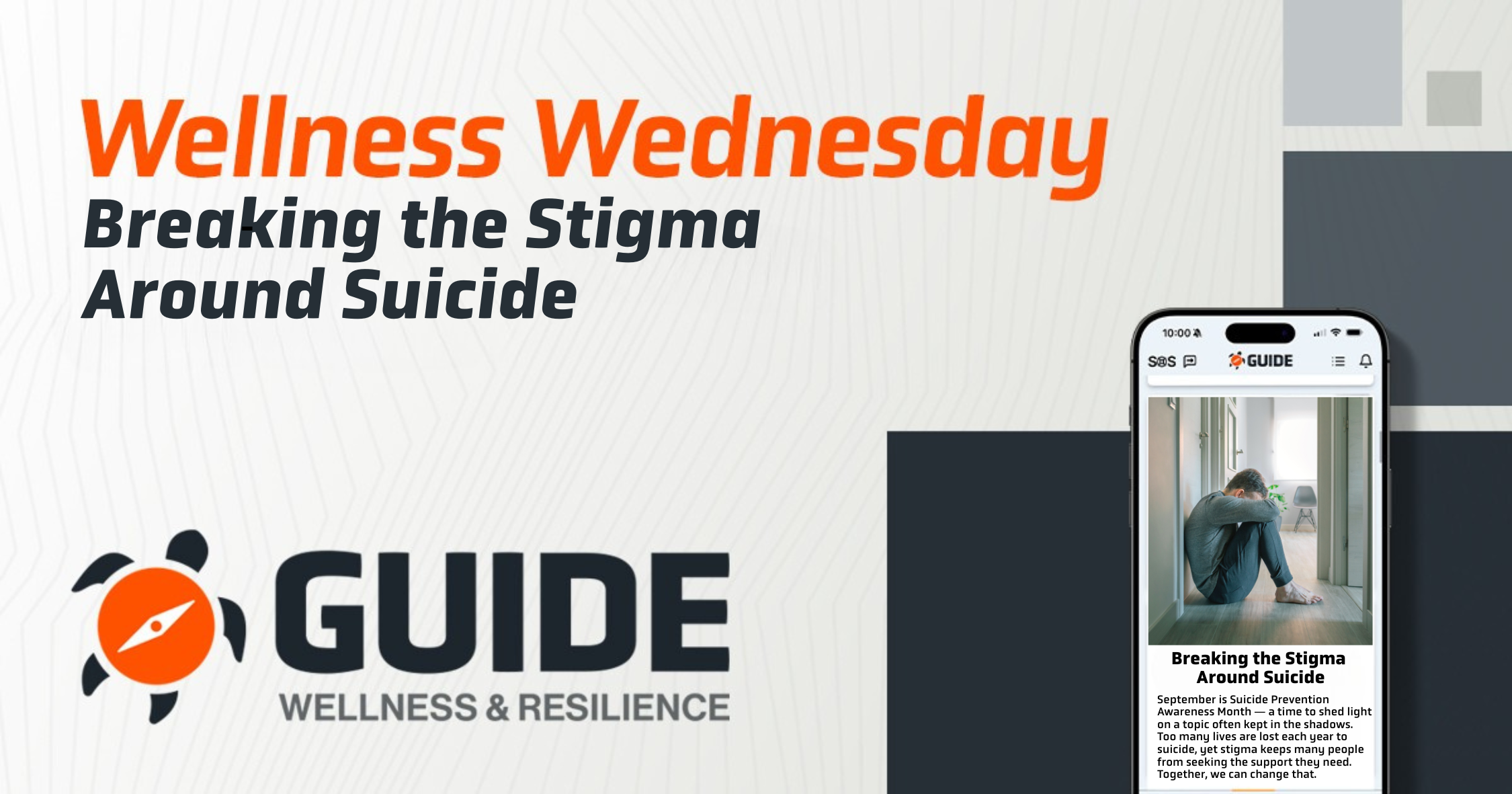October is National ADHD Awareness Month, a time dedicated to raising awareness, fostering understanding, and offering support to individuals and families impacted by Attention Deficit Hyperactivity Disorder (ADHD). Whether you have ADHD, love someone who does, or simply want to learn more, this month offers an important opportunity to spread knowledge and encourage a greater understanding of this complex condition.
What is ADHD?
ADHD is a neurodevelopmental disorder that affects both children and adults. It is characterized by symptoms of inattention, hyperactivity, and impulsivity that are more severe, frequent, and debilitating than what is typically observed in peers of the same age group. ADHD can impact various areas of life, including academic performance, work, relationships, and self-esteem.
According to the Centers for Disease Control and Prevention (CDC), ADHD is one of the most common neurodevelopmental disorders in childhood, with about 6 million children diagnosed in the U.S. alone. However, ADHD doesn’t only affect children — many individuals continue to experience symptoms into adulthood.
ADHD Symptoms in Children and Adults
The symptoms of ADHD can vary greatly depending on the individual and their age. In children, ADHD is often associated with difficulty staying focused, frequent daydreaming, fidgeting, and impulsive behaviors. Adults with ADHD may struggle with managing time, staying organized, setting priorities, or completing tasks. Symptoms generally fall into three categories:
- Inattention: Difficulty focusing on tasks, easily distracted, frequent forgetfulness, and difficulty following through on instructions.
- Hyperactivity: Restlessness, fidgeting, difficulty remaining seated, and talking excessively.
- Impulsivity: Interrupting others, acting without thinking, difficulty waiting for turns, or blurting out answers.
Not every person with ADHD experiences symptoms the same way. Some may primarily struggle with inattention, while others may exhibit more impulsive or hyperactive behaviors. For some, ADHD can present as a combination of both inattention and hyperactivity.
The Impact of ADHD
ADHD can affect every aspect of life. For children, it can make it challenging to succeed in school or develop relationships with peers. Adults may struggle with maintaining employment, managing household responsibilities, or keeping up with day-to-day tasks. The mental and emotional impact of ADHD can also lead to feelings of frustration, anxiety, and depression.
Moreover, because ADHD can go undiagnosed, especially in adults, many individuals may live with the condition for years without understanding why they face certain challenges. A lack of awareness and knowledge about ADHD can often contribute to misunderstanding and stigmatization.
Breaking the Stigma Around ADHD
Unfortunately, there are still many myths and misconceptions surrounding ADHD, contributing to the stigma experienced by individuals diagnosed with the condition. Some common myths include the belief that ADHD isn’t a “real” condition or that it is caused by poor parenting or excessive screen time. These misconceptions can prevent individuals from seeking the support and treatment they need.
National ADHD Awareness Month is a chance to challenge these myths, educate the public, and create a more supportive environment for individuals with ADHD. By learning about the condition and understanding its impact, we can contribute to a more inclusive society that provides the resources and acceptance people with ADHD deserve.
Managing ADHD: Treatments and Support
ADHD is highly manageable with the right treatments and strategies. A combination of behavioral therapy, medication, and lifestyle modifications can help individuals manage symptoms effectively. Treatment plans are often personalized to the individual’s specific needs, as each person with ADHD may experience different challenges.
- Behavioral Therapy: Therapy can help individuals with ADHD develop coping strategies for managing symptoms. Cognitive-behavioral therapy (CBT) is one approach that helps people reframe negative thoughts and behaviors and create more structured routines.
- Medication: Stimulant medications are commonly prescribed for ADHD, as they help increase focus and control impulsive behaviors. Non-stimulant medications may also be prescribed, depending on individual needs.
- Lifestyle Adjustments: Regular physical activity, maintaining a balanced diet, and setting a consistent sleep routine can positively impact symptom management. These adjustments, combined with mindfulness practices, can help improve focus and emotional regulation.
- Educational Support: For children, teachers and parents can work together to provide accommodations in the classroom. These might include extra time on tests, a quieter workspace, or frequent breaks. In the workplace, adults with ADHD can also benefit from workplace accommodations that help them stay organized and on task.
How You Can Help During ADHD Awareness Month
Whether or not you have a personal connection to ADHD, you can still help raise awareness and make a positive impact during National ADHD Awareness Month. Here are some ways to get involved:
- Educate Yourself and Others: Take the time to learn more about ADHD, its symptoms, and its impact. Share information with friends, family, and coworkers to spread awareness and reduce stigma.
- Offer Support: If you know someone with ADHD, offer them your support and understanding. Encourage them to seek professional help if needed and remind them that they are not alone.
- Join the Conversation: Use social media to help raise awareness. You can share facts about ADHD, participate in online events, or share your own experiences to help others understand the condition better.
- Encourage Screening and Early Diagnosis: If you or someone you know is showing signs of ADHD, encourage them to get screened. Early diagnosis and intervention can lead to better outcomes and more effective treatment plans.
Let’s Raise Awareness Together
As we observe National ADHD Awareness Month, it’s important to remember that ADHD affects millions of individuals, but with proper understanding, support, and resources, it can be managed. Let’s continue to break down the stigma, encourage open conversations, and provide support to those who need it.
By raising awareness, offering support, and fostering empathy, we can contribute to a more inclusive and understanding world for people with ADHD.




